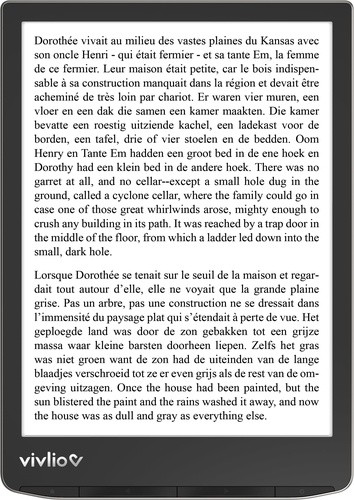En cours de chargement...
This volume, written by experts in the field, gives a modern, rigorous and unified presentation of the application of biological concepts to the design of novel computing machines and algorithms. While science has as its fundamental goal the understanding of Nature, the engineering disciplines attempt to use this knowledge to the ultimate benefit of Mankind. Over the past few decades this gap has narrowed to some extent.
A growing group of scientists has begun engineering artificial worlds to test and probe their theories, while engineers have turned to Nature, seeking inspiration in its workings to construct novel systems. The organization of living beings is a powerful source of ideas for computer scientists and engineers. This book studies the construction of machines and algorithms based on natural processes: biological evolution, which gives rise to genetic algorithms, cellular development, which leads to self-replicating and self-repairing machines, and the nervous system in living beings, which serves as the underlying motivation for artificial learning systems, such as neural networks.





